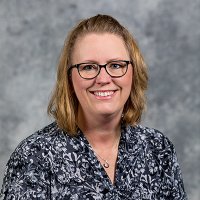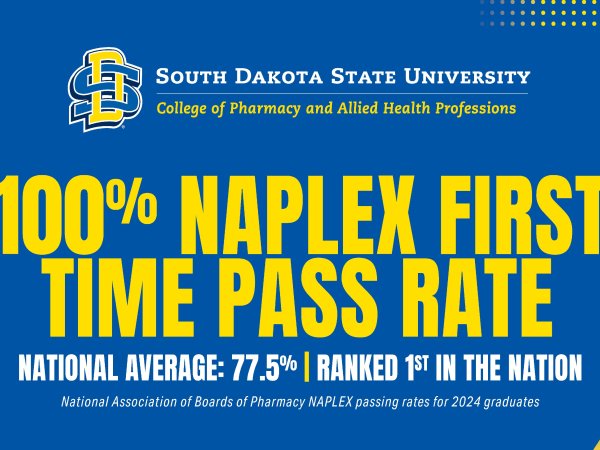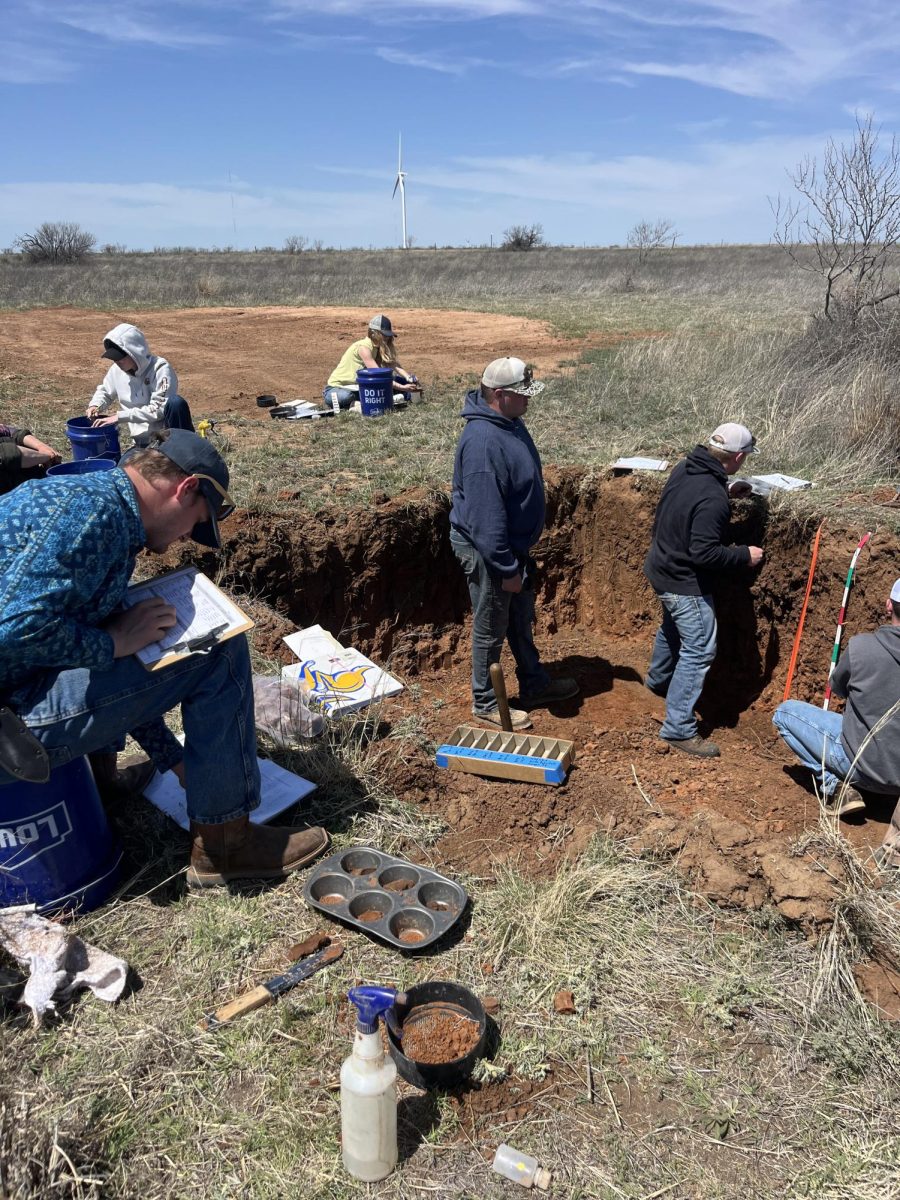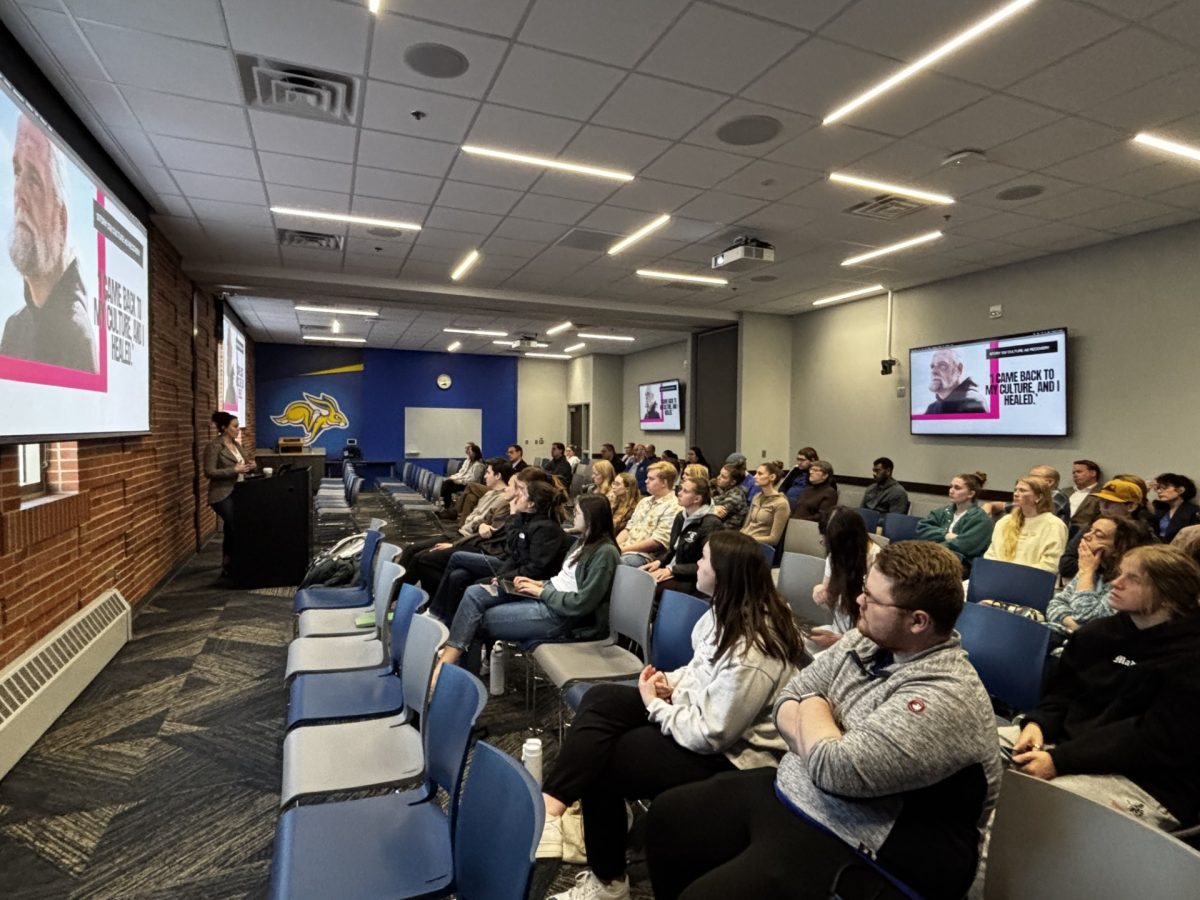SDSU tried to offer the new program several times in the past and the South Dakota Board of Regents finally accepted the proposal last year. That gave the university the green light to start classes.
Members of the SDSU task force started the plan to add the new major after noticing the increased need for elementary teachers in South Dakota. By holding many meetings and having multiple conversations with other universities in and out of the state, SDSU was able to get the program into full swing this year.
According to Lynda Venhuizen, field placement coordinator for the Department of Teaching, Learning, and Leadership and Teacher Certification Officer, schools across South Dakota have a variety of open teaching positions but few to no applicants. The hunt for new teachers has become so difficult that it is hard to maintain a steady balance in education.
“We just want to help provide the state and region with the educators they need so that we can continue to have K–12 education,” Venhuizen said.
Before this new addition, students pursuing an education major could take online courses through Dakota State University to get their degree. DSU offered education from birth to eighth grade through online classes, while SDSU offered only birth to age eight educations through their early childhood education program.
“We had to make sure that what we were offering was either different or enhanced than what’s offered in the state already,” Venhuizen said.
As of now, the new program is still in its early phase, meaning the College of Education is still enrolling new and current students into its program. Patrick Hales, associate professor and assistant director of K–12 teacher education, said that the university was lucky enough to have had a foot in the door by already having a secondary education and early childhood education major in play, giving SDSU a leg up without having to start from scratch.
“We’re happy to say we’ve got a successful start,” said Hales.
Hales states the desired need for new and experienced educators is high, giving recent graduates an easy time finding a job out of college. The loss of teachers because of the pandemic and retirement has opened many positions ranging from kindergarten all the way through grade 12.
Many people don’t pursue teaching jobs because of its low pay or its demanding work style, which is a big part of why there is such a need for this job. By seeing teaching as a way to grow the younger generation, it can ultimately be a rewarding experience.
“Societally, many people don’t look at teaching as a very glamorous or respected job,” Hales said. “You’re always going to find a teaching job once you’ve got that on your record. That’s the positive side of it.”
Right now, directors for the College of Education are working on a resource library to provide teachers in the community and students with items to use in their classrooms or for learning. The resource library will provide items such as iPads, VR goggles, and scan markers available for checkout.
Hales states that the College of Education is known for being helpful to its students and staff, providing guidance and assistance when needed. The school often conducts surveys of students, graduates and employers to see how their program is going and to check in on how students have excelled in the workforce.
Graduates and new teachers from SDSU are free to reach out to professors and other faculty members with any questions they might have while out in the real world.
“When we have our teacher candidates go out into the field, they always know they can reach out to us with anything they need,” Hales said.
According to Melissa Ochsner, academic adviser for the College of Education and Human Sciences, SDSU is in the process of hiring new tenure-track positions to help with the growing program after receiving positive feedback. By rolling in new classes and going through the hiring process, SDSU is working to maintain its excellent coursework and provide current students with the best education possible.
“We were ready to move forward very successfully,” Ochsner said. “We will continue to hire new faculty that are experts in their area so that we continue to have high-level classes.”






















